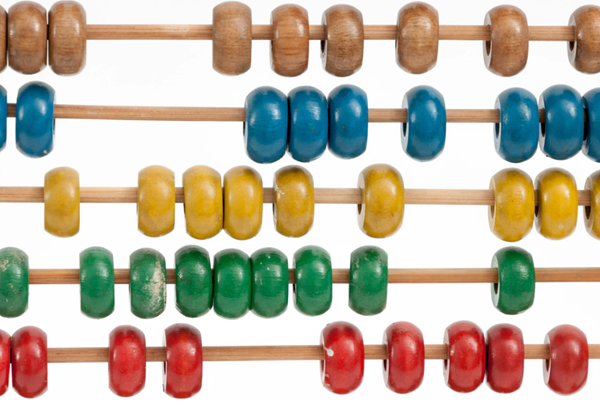Larger numbers and what's up with 20,000 ?

In an earlier post, I described how to count in Mandarin. That covered the numbers up to 100. Obviously, we need to know larger numbers, yet that was where I first came across a substantial difference in how the Chinese count when compared to English speakers. And I managed to get another puzzled look from my mother-in-law.

The larger numbers are quite different from what we use. Instead of hundred, thousand, million, and billion, they are:
千 (qiān) is 1,000 万 (wàn) is 10,000 亿 (yì) is 100,000,000
Note how different this is.
I remember trying to say 20,000 to my mother-in-law, and I said:
二十千 (Èrshíqiān)
That was my direct translation of twenty (two tens), and thousand. She looked at me very puzzled, and I eventually caught on that they don’t say that.
Notice they have a word for 10,000, so they don’t say twenty thousand, they say two ten thousands:
二万 (Èr wàn)
The other large numbers are then combinations of the values above:
十万 (shí wàn) is 100,000 (ten ten-thousands) 百万 (bǎi wàn) is 1,000,000 (one hundred ten-thousands) 千万 (qiān wàn) is 10,000,000 (one thousand ten-thousands) 亿 (yì) is 100,000,000 (one hundred-million) 十亿 (shí yì) is 1,000,000,000 (ten hundred-millions)
It’s also worth noting that based upon the age of the language, that 万 (wàn) is also just used as a form of inexact value meaning “a lot”.
2019-04-05
